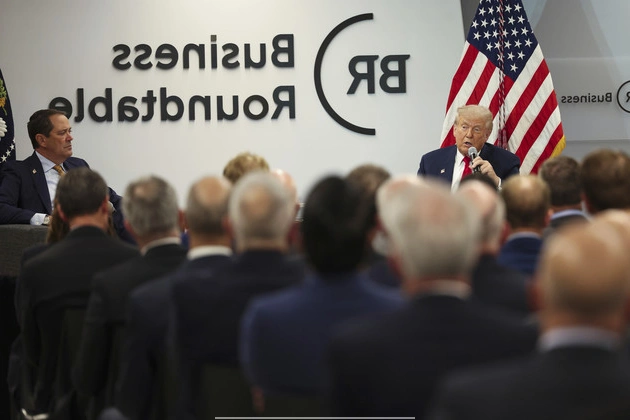
In a bold stance against President Trump’s recent actions, Maine Governor Janet Mills made it clear in the White House state dining room that she will not back down when it comes to protecting transgender athletes’ rights in school sports.
Challenging Trump’s Order
During a meeting with governors from both parties at the White House, Trump highlighted his executive order that prohibits transgender athletes from participating in sports teams based on their gender identity. The order mandates that athletes must play on teams according to the sex they were assigned at birth, a move that has sparked controversy and legal challenges.
Defiance and Legal Threats
Addressing Governor Mills directly, Trump inquired about her stance on complying with his order. In response, Governor Mills firmly stated, “I’m going to comply with state and federal law.” This prompted Trump to warn her of potential consequences, stating that federal funding could be at risk if she did not adhere to his directive.
Unfazed by the threat, Governor Mills stood her ground and defiantly declared, “We’re going to follow the law, sir. I will see you in court.” This exchange exemplifies the ongoing tensions surrounding the issue of transgender athletes and the challenges faced by state leaders in navigating federal policies.
Legal Action and Resilience
Following the confrontation, Governor Mills reiterated her commitment to defending Maine’s interests, stating, “If the President attempts to unilaterally deprive Maine school children of the benefit of Federal funding, my Administration and the Attorney General will take all appropriate and necessary legal action to restore that funding.” She emphasized that Maine will not be intimidated by threats and will pursue legal avenues to uphold the rights of its residents.
The exchange between Governor Mills and President Trump underscores the complexities of state-federal relations and the determination of state leaders to protect the interests of their constituents in the face of contentious policy decisions.















